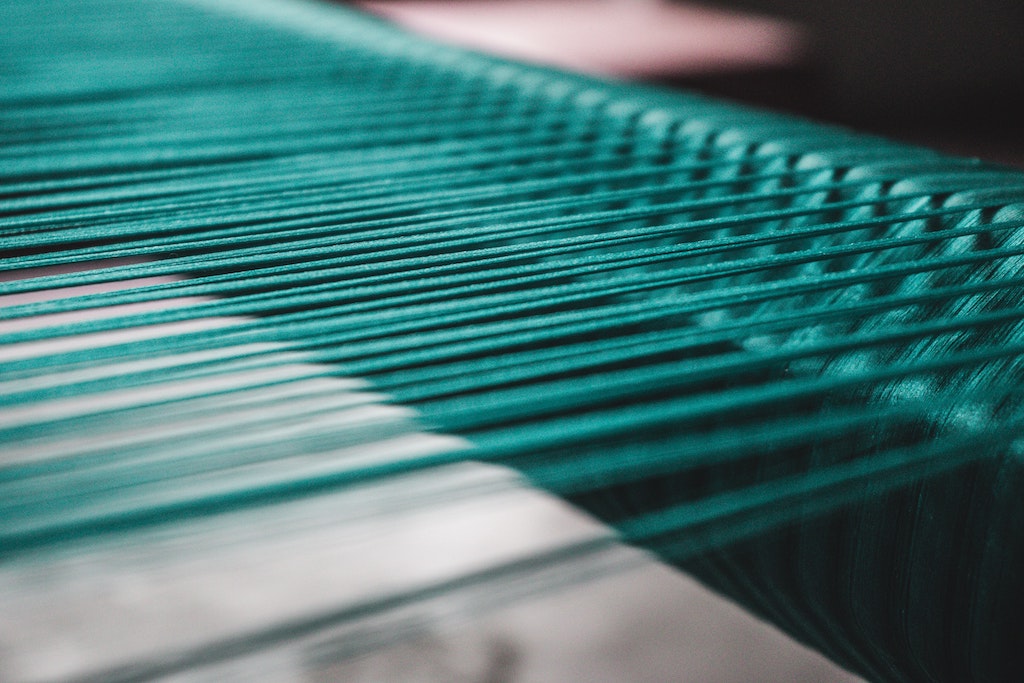3 Mins Read
Genomatica, the startup innovating sustainable materials, has just closed a $118 million Series C round. The funding will go towards expanding its portfolio of plant-based biomaterials, which aims to replace the use of fossil fuel-based textiles. Genomatica will soon be welcoming its second factory built using its tech, which will triple the global production capacity for just one of its sustainable ingredients.
San Diego biotech Genomatica has secured $118 million in a Series C funding round led by life science investor Novo Holdings. Other investors included Viking Global, Casdin Capital, Irving Investors, Nicholas Investment Partners, Tenere Capital, and Tharsis Capital. The startup says the funds will go towards accelerating its global commercialisation and expansion, with the view to displace polluting fossil fuel materials.
Remaking materials sustainably

Genomatica’s technology enables the firm to recreate molecularly identical materials that can function and perform just like its fossil fuel counterparts. Using plant-based or waste-based feedstocks, the company creates sustainable and cost-effective materials and ingredients that can lower the environmental impact by 93% compared to conventional polluting fabrics.
Some of its already commercialised products include replacements for plastic-based spandex and nylon, a material often used to make everything from carpet to clothes and even food packaging.
Currently, fashion alone uses up an enormous amount of virgin fibres made using non-renewable sources, an estimated 53 million tonnes annually. Genomatica says that the fresh funding will help drive further R&D to expand its portfolio of sustainable solutions and help “meet ever-increasing sustainability demands amidst the urgent climate crisis”.

Ramping up production capacity
The latest round of financing comes as Genomatica prepares to welcome the second factory that relies on its technology. It will be built by American agribusiness giant Cargill and German chemicals firm Helm, and is set to triple global production for one of their renewable chemicals to over 100,000 tons per year.
Last year, Genomatica partnered with European nylon producer Aquafil to drastically increase its bio-nylon production by 50-fold.
Genomatica CEO Christophe Schilling says that the new funds will help the firm create similar partnerships across multiple industries to “lead a widespread transition to sustainable materials.”
“We’ve grown intentionally by proving the scalability of our products, fostering strategic partnerships with leading brands and manufacturers, and laying the foundation to remake supply chains,” he continued. “We are increasingly powering the shift to more sustainable products that consumers and investors want—and humanity needs.”

Rising demand for sustainable materials
For investors, sustainable material innovators like Genomatica are poised for growth, especially as more consumers begin to demand eco-friendly goods from brands. According to an internal consumer research survey conducted by Genomatica, 86% of U.S. consumers said sustainability was a “good goal”.
This is in line with global polls, with a recent Wunderman Thompson study finding that over 80% of consumers expect businesses to “play their part” in solving big social and environmental challenges. Another analysis estimates that this demand will make the “next-gen” material industry, which includes players like Bolt Threads and Modern Meadows, into a US$2.2 billion global market by 2026.
“Sustainability is a must-have for consumers and for increasingly ESG-focused investors, making it a business imperative for brands,” commented Novo Holdings senior partner Anders Bendsen Spohr. “We see a massive opportunity for biological manufacturing to help industries meet this demand for sustainable products.”
Lead image courtesy of Unsplash.




